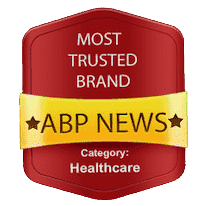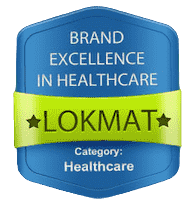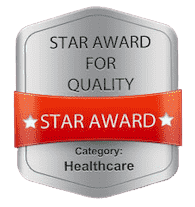
While Alzheimer’s is often associated with the elderly, it can surprisingly affect another demographic: children. The disease in young people is usually a result of a group of rare diseases known as Childhood Alzheimer’s or Niemann-Pick Disease Type C (NPC). This article delves deep into NPC, its signs, symptoms, and the pivotal role of early detection in increasing children’s quality of life and longevity.
Dr. Welling, a renowned expert in homeopathy, emphasizes the significance of early detection in NPC and the potential role of homeopathy by saying, “Childhood Alzheimer’s or NPC shows us the profound interconnectedness of the human body, where a problem with cholesterol metabolism can have discernible neurological symptoms. While the quest for a primary cure is ongoing, complementary therapies like homeopathy can play a crucial role in managing symptoms and enhancing the child’s quality of life. Early diagnosis remains the cornerstone of this battle – the more forewarned we are, the more forearmed.”
Understanding The Rare Occurrence: NPC
Niemann-Pick Disease Type C (NPC) is an inherited disorder characterized by the inability to metabolize cholesterol and other lipids properly within the cell[1%5E]. Simply put, it is often referred to as Childhood Alzheimer’s because its symptoms mirror those of Alzheimer’s disease. NPC affects an estimated 1 in 150,000 people, and is usually fatal before adulthood[2%5E].
Identifying Early Signs of NPC
Early detection of NPC can be a game-changer in terms of treatment options and life expectancy. Symptoms of NPC vary widely based on the age of onset and the disease’s progression but there are several key signs to watch out for in children:
- Neurological problems: This can include delayed development, clumsiness, problems with coordination, or a decline in school performance[3%5E].
- Physical symptoms: These include unexplained splenomegaly (enlargement of the spleen) or hepatomegaly (enlargement of the liver)[3%5E].
- Ocular issues: Vertical supranuclear gaze palsy (VSGP), an inability to move the eyes up or down, is a hallmark of NPC[3%5E].
- Speech problems: Children may experience progressive loss of speech[4%5E].
- Swallowing difficulties: The disease can cause progressive difficulty with swallowing[4%5E].
Importance of Early Detection and Actions Moving Forward
Early detection of NPC can greatly increase a child’s chances for a better quality of life. Currently, there’s no definitive cure for NPC, but treatments such as medication to control seizures, physical therapy to assist with mobility issues, and speech therapy are available[5%5E].
Genetic counseling can provide families with a history of NPC valuable insights into the risks associated with future pregnancies. Researchers are also progressing in developing treatments, whether that’s refining existing treatment protocols or exploring potential gene therapy[6%5E].
Combating Childhood Alzheimer’s, therefore, must be a two-pronged approach: enhancing awareness about the disease, its symptoms, and the importance of early detection, while strenuously forging ahead in the quest for potential treatments.
References:
Sources:
- National Organization for Rare Disorders: Niemann-Pick Disease Type C
- Niemann-Pick UK: What is Niemann-Pick Disease Type C?
- Johns Hopkins Medicine: Niemann-Pick Disease
- Alzheimer’s Association: Niemann-Pick Disease Type C
- National Institute of Neurological Disorders and Stroke: Niemann-Pick Disease Fact Sheet
- Genetic and Rare Diseases Information Center: Niemann-Pick disease type C



